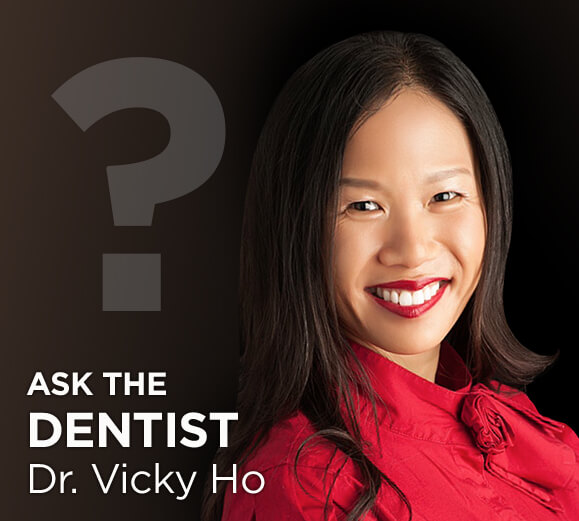
by Smile Design Studio | 2 Oct, 2023
You’ve been dreaming about that perfect smile, haven’t you? You’re imagining how a full smile makeover – complete with dental implants, porcelain veneers, or teeth whitening – could boost your confidence and transform your appearance. But there’s one burning question in the back of your mind: ‘Is a full smile makeover covered by insurance?’ It’s a challenging question to answer as it depends on various factors, including the procedures involved, your specific insurance plan, and even where you live. Understanding Dental Insurance Coverage While dental insurance can help cover some costs, it’s essential to understand that not all cosmetic dentistry treatments, like a full smile makeover, are typically covered by your policy. Dental insurance coverage typically focuses on preventive care and treatments necessary for your dental health. It’s always best to check with your health insurance provider or dental insurance company about what specific procedures they include in their coverage. Insurance companies often classify cosmetic procedures such as smile makeovers as ‘elective,’ meaning they’re not essential for maintaining oral health and may not be covered. However, there could be exceptions if the procedure also has restorative benefits – improving both the appearance and functionality of your teeth. Remember that each policy differs, so you must understand your details before planning any significant dental work. Factors Affecting Insurance Coverage for Cosmetic Procedures It’s important to note that the extent of dental insurance coverage for cosmetic procedures can vary significantly, depending on a range of different factors. Here are some primary factors that can affect your coverage: Health Fund Provider: Different providers have varying levels of coverage for various treatments. Some... 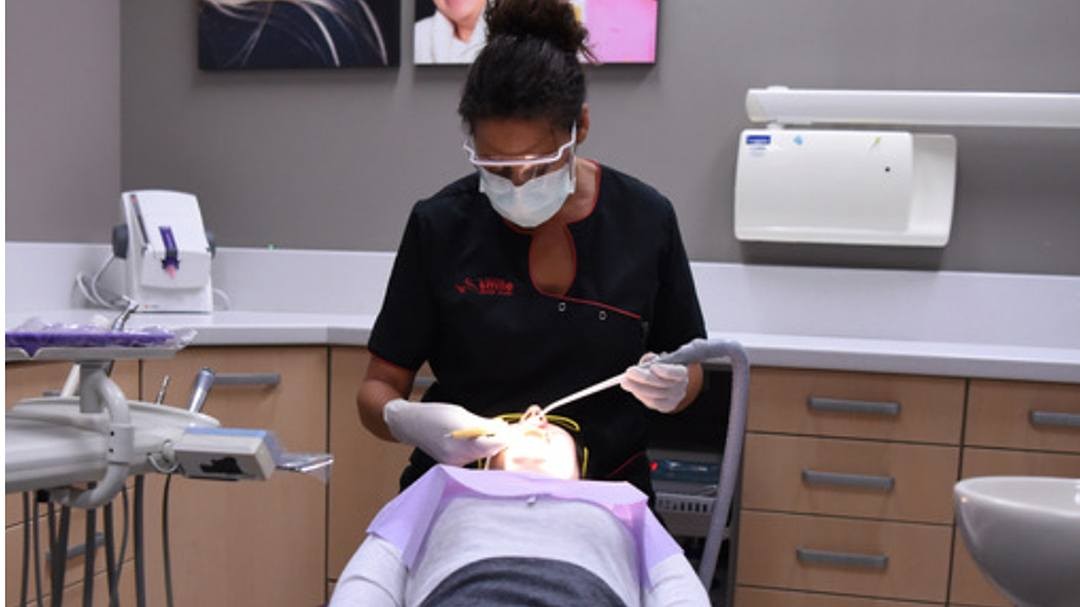
by Smile Design Studio | 6 Sep, 2023
The concept of wisdom tooth extraction has become commonplace in dental practice due to the various complications often associated with these third molars. However, the emerging field of orthodontics offers an alternative approach that emphasizes correction over extraction. This article explores the potential for wisdom teeth correction without resorting to extraction, thus providing a new perspective on oral health management. Dealing with issues such as overcrowding and discomfort traditionally linked to wisdom teeth, this piece elucidates the role of orthodontists in maneuvering these teeth into more favorable positions. Moreover, it acknowledges situations where extraction is inevitable and discusses post-surgery care measures. The ultimate goal remains to prioritize patients’ oral health while retaining their natural teeth whenever possible. It underscores the importance of personalized consultations with dental experts for appropriate treatment plans fitting individual needs. Finally, this article seeks to shed light on non-extraction alternatives for dealing with wisdom teeth issues. Understanding the Wisdom Tooth In the realm of oral health, understanding strategy of dealing with wisdom teeth is paramount as it is frequently encased in gum or bone tissue during adolescence and adulthood, leading to overcrowding issues, discomfort, pressure, and possibly infection that may harm the jaw bone and neighbouring teeth. This third set of molars called wisdom teeth typically develop later in life. However, due to inadequate space in the mouth for proper growth and alignment, a condition termed ‘impaction’ often occurs. Wisdom tooth extraction becomes a common solution proposed by many dental practitioners to circumvent potential complications associated with impaction such as damage to other teeth or cyst formation. It is crucial then to discern whether wisdom... 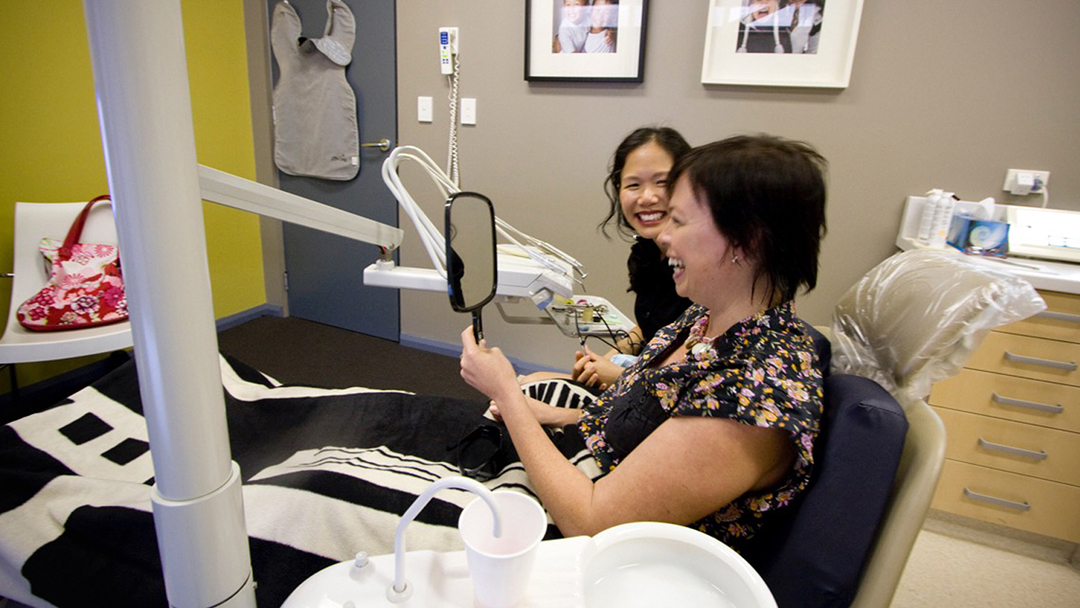
by Smile Design Studio | 24 Aug, 2023
Wisdom teeth removal is a common dental procedure necessitated by overcrowding issues that could lead to abnormal pain, infection, and potential damage to the jaw bone and nearby teeth. While wisdom teeth extraction often provides a viable solution, the emphasis on post-operative care should not be underestimated. Proper aftercare plays a fundamental role in the recovery process and can significantly mitigate complications such as infection or dry sockets. This article aims to provide crucial insights into wisdom tooth extraction, underscore the importance of post-operative care, and outline essential steps for effective aftercare. It also discusses potential complications to be vigilant about during recovery. Furthermore, it highlights how Smile Design Studio can partner with patients throughout their healing journey. Understanding Wisdom Tooth Extraction Understanding the intricacies of a wisdom tooth extraction is pivotal in optimizing your oral health. Often, wisdom teeth, also known as third molars, can cause discomfort and potential damage due to overcrowding or impaction. Moreover, an impacted wisdom tooth can pave the way for infections that might pose harm to the jaw bone and adjacent teeth. A wisdom tooth extraction is a surgical procedure performed by an oral surgeon to remove one or more of these troublesome third molars. These teeth are located at the furthest corners of your mouth, appearing on both the top and bottom arches. Often emerging in the late teenage years or early twenties, the growth and eruption of these teeth can sometimes lead to various dental complications. A vital aspect of wisdom tooth extraction is the preservation of a blood clot in the tooth socket post-surgery. This clot is a critical part... 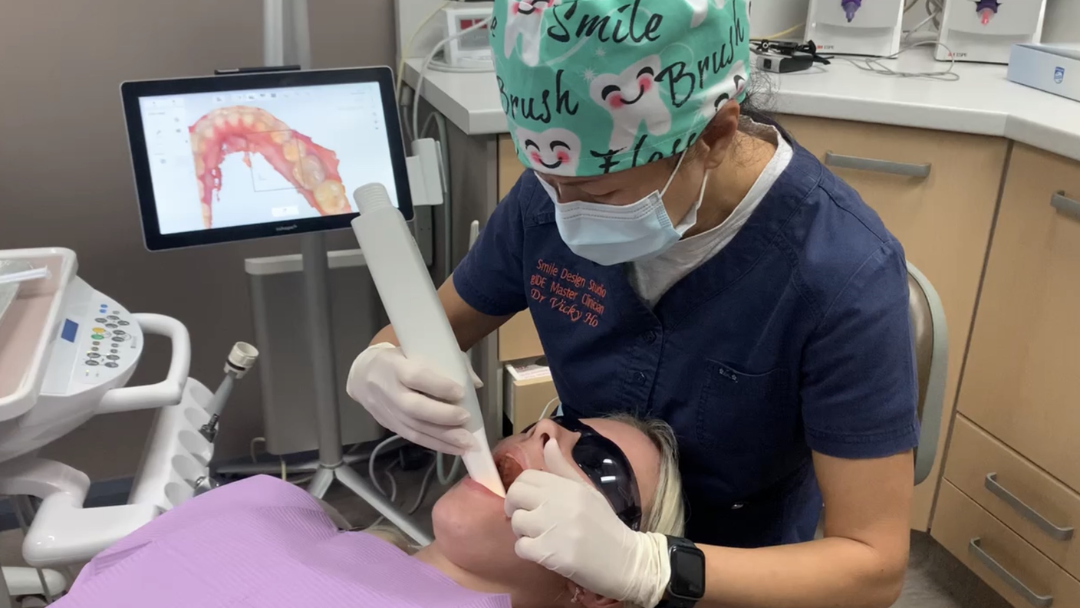
by Smile Design Studio | 6 Jun, 2023
All on 4 implants and individual tooth implants are two popular options when it comes to restoring your smile. But what’s the difference between them, and how do you know which one is best for you? In this article, we’ll explore both types of implants and their key differences so that you can make an informed decision about which option is most suitable for your needs. When it comes to dental implants, many people don’t realize that there are multiple different kinds available — each with its own set of pros and cons. All on 4 implants offer a great solution for those who need more than one tooth replaced in the same area, while individual tooth implants might be better suited if you’re only missing a single tooth. It’s important to become familiar with the differences between these two types of implants before making any choices about treatment. We will look at all on 4 implants vs individual tooth implants and compare their advantages and disadvantages so that you can decide which option to choose based on your particular situation. Get ready to learn all about the differences between these two types of dental treatments! Overview Of Implants Dental implants are a popular and permanent solution for replacing missing teeth. Traditional implants involve surgically implanting a metal post into the jawbone, which is then used to support an artificial tooth or bridge. All on four implants provide an alternative option involving fewer posts. This procedure involves placing only four titanium posts in strategic locations around the mouth that can hold an entire arch of replacement teeth. Both traditional... 
by Smile Design Studio | 5 May, 2023
Are you a senior considering dental implants? If so, you may have some questions about the feasibility and safety of such a procedure. You’re not alone; many older adults are asking themselves “Am I too old for dental implants?” Fortunately, with advances in technology and medical care, seniors can now enjoy the benefits of dental implants safely and effectively. In this guide, we will discuss why age is no longer an obstacle to getting dental implants, their potential risks and benefits, as well as other important factors to consider when deciding if they’re right for you. Dental implants are designed to replace missing teeth or stabilize dentures that don’t fit securely. They provide a strong foundation for natural-looking artificial teeth that look just like real ones. As people get older, however, it’s common for them to experience bone loss due to age-related health issues such as osteoporosis or gum disease. This can make implant placement more challenging because the jawbone must be strong enough to support the implant post. Despite these challenges, it is possible for seniors over 70 years of age to receive implants successfully with careful planning and monitoring from their dentist or oral surgeon. By understanding how age affects your eligibility for dental implant surgery and being aware of any potential risks associated with the procedure, you can make an informed decision on whether or not dental implants are right for you. The information contained in this article will help equip you with knowledge needed to discuss your options with your healthcare provider and decide if dental implants are an appropriate solution for restoring your smile.... 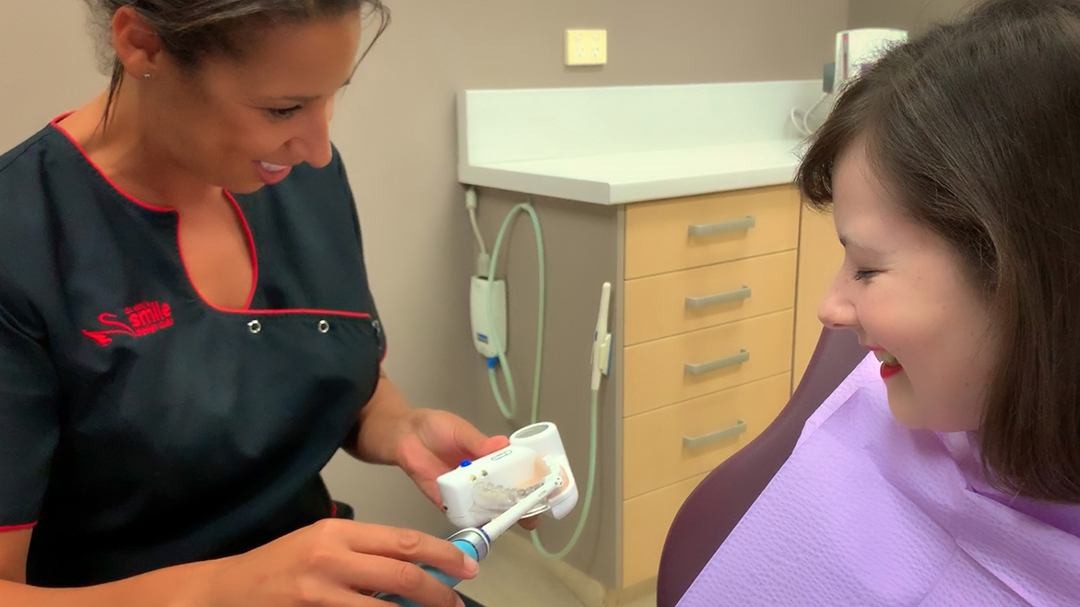
by Smile Design Studio | 28 Apr, 2023
What would you do if you were faced with the decision of living in pain or having a dental implant? For many people, it’s an impossible choice – either discomfort now or greater discomfort later. But what if we told you that getting a dental implant doesn’t have to be so unpleasant after all? We understand how important this procedure is and want to let you know that there are measures available to make sure your experience with implants isn’t as painful as you might think. In this article, we’ll explore whether or not dental implants are actually painful. When considering a major medical procedure like a dental implant, fear and worry can easily creep in. It’s natural to ask questions such as: How long will the healing process take? Will I feel any pain during the surgery? Is this really going to help me in the long run? Despite these worries, one thing is for certain – many individuals who get dental implants find them incredibly worthwhile investments into their oral health. So don’t let anxiety stop you from considering something that could potentially improve your quality of life! By exploring why some may feel apprehensive about getting a dental implant and discussing various techniques used by dentists to minimize pain before, during and after the procedure, this article hopes to provide readers with the facts they need to make informed decisions regarding their oral health care. Ready to learn more about whether or not dental implants are truly painful experiences? Read on! Pain Perception For Dental Implants Pain is a subjective experience, so the level of pain...







